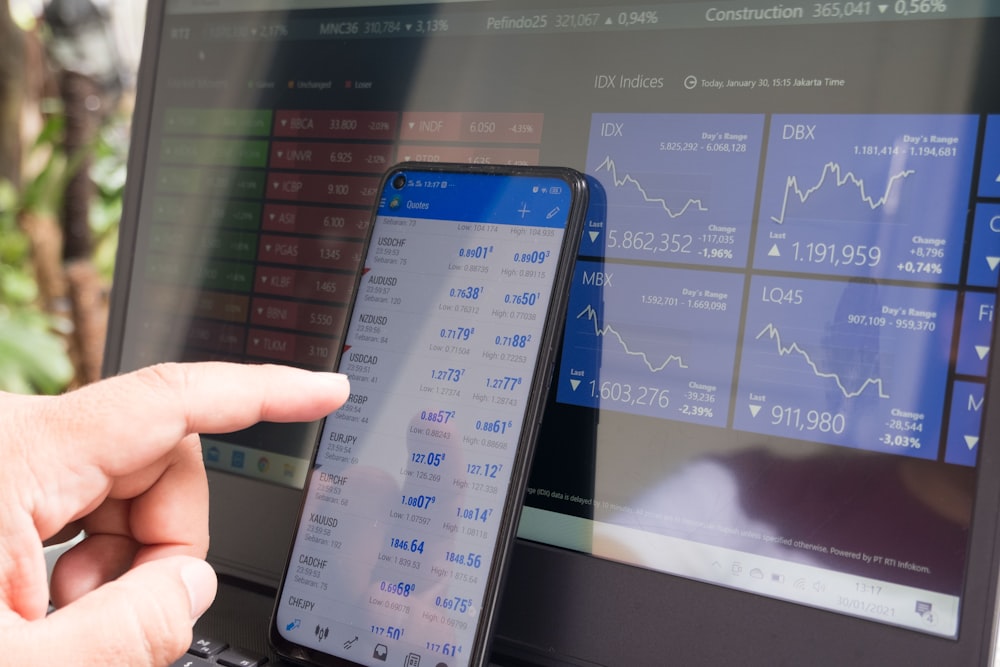Wall Street Sentiment Sours As Dow Plummets Over 700 Points On Recession Fears
Image Source: Unsplash
The S&P 500 faced its worst session in nearly two years on Friday, spurred by recession fears following a surprisingly weak jobs report for July.
The broad-market index fell by 1.8%, the Nasdaq Composite dropped by 2.2%, and the Dow Jones Industrial Average decreased by 729 points, or 1.8%.
The sharp decline highlights growing economic concerns as investors brace for potential market turbulence.
Major indices plummet amid economic worries
The sharp decline in stocks was driven by the July job growth figures, which showed a slower-than-expected increase.
The Labour Department reported that nonfarm payrolls grew by only 114,000 last month, a significant drop from the 179,000 jobs added in June and below the 185,000 anticipated by economists. The unemployment rate also rose to 4.3%, the highest since October 2021, further intensifying recession fears.
Several major technology companies suffered substantial losses during the day. Amazon’s second-quarter results failed to meet revenue estimates, and the company issued a disappointing forecast, resulting in a 12.5% drop in its stock price.
This decline significantly impacted the consumer discretionary sector, which experienced its worst day since May 2022, when it fell by 6.6%.
Intel’s (INTC) stock plummeted by 29% after the company announced weak guidance and planned layoffs.
Nvidia (NVDA) also saw a decline of more than 5.5%, following a 6% loss the previous day.
These losses were compounded by growing concerns about the high levels of artificial intelligence-related capital spending by Big Tech companies.
Bond market reacts to stock sell-off
As investors sought safety, the 10-year Treasury yield fell to its lowest level since December, settling at 3.82%.
This shift towards bonds is seen as a natural course in a bull market experiencing a reversion after a steep uptrend.
The week has been marked by significant volatility, with a heavy sell-off in the previous session affecting global stock markets.
On Wednesday, the stock market rallied after the Federal Reserve hinted at a potential rate cut in September while maintaining current rates.
The weak job figures reported on Friday have led many investors to believe that the central bank should have taken action sooner.
The recent stock market declines underscore the ongoing uncertainty in the economy.
While some investors view the current downturn as a natural correction, others are concerned about the broader implications of weak job growth and rising unemployment.
The upcoming Federal Reserve meeting in September will be closely watched for further indications of potential rate cuts and the central bank’s assessment of the economic landscape.
As the market continues to navigate these turbulent times, investors will need to remain vigilant and adaptable to changing conditions.
The interplay between economic indicators, corporate performance, and central bank policies will be crucial in shaping the future direction of the market.
More By This Author:
Palantir Stock Price Could Explode Higher After Earnings: Here’s Why
Bank Of England Cuts Interest Rates For First Time In Four Years
UK House Prices See Fastest Annual Rise In July Since Late 2022
Disclosure: Invezz is a place where people can find reliable, unbiased information about finance, trading, and investing – but we do not offer financial advice and users should always ...
more



